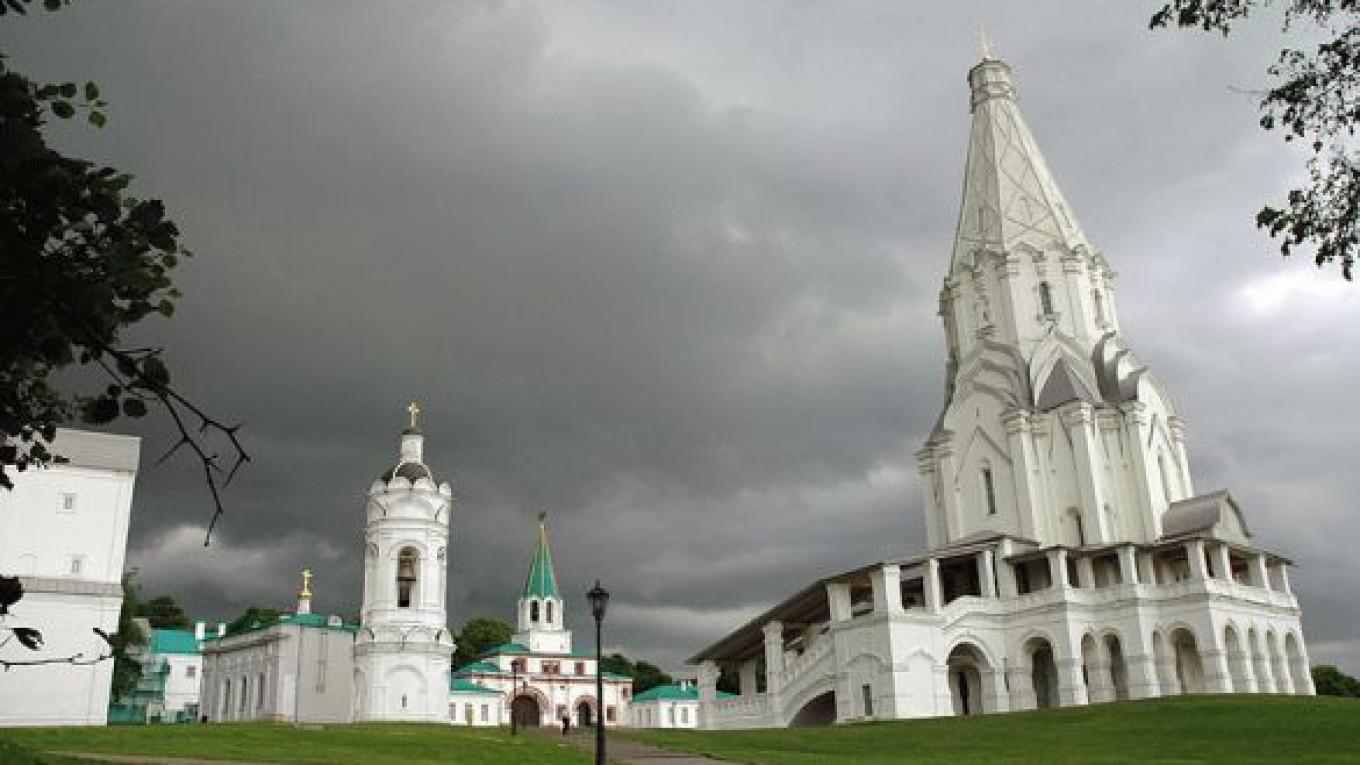Russia on Thursday acknowledged for the first time that its economy would lag global growth over the next two decades, setting the stage for an era of stagnation that could threaten President Vladimir Putin's grip on power.
Economic Development Minister Alexei Ulyukayev forecast that Russia's economy would grow at an average rate of 2.5 percent during that period — down from an earlier 4 percent and half the rate Putin targeted before his return to the Kremlin last year.
The grim outlook shows just how much Putin's Russia, the world's largest oil producer, relies on not only high, but rising, oil prices to prosper. It rests on an oil-price forecast many analysts view as optimistic.
Putin has repeatedly pledged to lift Russia into the world's top five economies by the end of this decade.
Sergei Guriev, a prominent economist and former adviser to the government who has become an outspoken critic of Putin, said the forecast made clear he would not fulfill his promises.
"Will the Russian public punish him somehow? That is a good question," said Guriev, who now lives in exile in France.
The downward revision casts Russia as the poor relation in the BRICS group of large emerging markets that includes Brazil, China, India and South Africa. The ministry expects the BRICS to grow at a 5.2 percent clip during that time.
Russia's $2 trillion economy has slowed sharply since Putin returned to the Kremlin in May 2012 — in stark contrast to his first two terms when he came close to achieving a goal of doubling the economy's size in a decade.
A lack of reforms in an economy hamstrung by red tape, corruption and weak rule of law has led some economists to suggest the government has no recipe to avert a slide into stagnation.
"Stagnation is starting to look like a policy goal in Russia," said Sanna Kurronen, an analyst at Danske Capital, adding that it was vital for Russia to invest to replace its aging capital stock.
Neil Shearing, chief emerging markets economist at Capital Economics in London, estimates Russia's long-term growth potential at 2.0 to 2.5 percent, in line with the view of the Central Bank, which sees the economy running close to its capacity.
"To a large extent the forecasts are catching up with reality," said Shearing.
"It could go to 3.5 percent or 4 percent if you have a really reform-minded government," he added. "But I do not think that applies to current reform, of which there is little prospect at the moment."
Prime Minister Dmitry Medvedev admitted last week in an interview that "there is no magic formula to boost growth. In any case, if there is, we do not know what it is."
The pessimistic outlook presented by Ulyukayev may increase pressure on Medvedev, who served a single term as president from 2008 until 2012, and whose political demise has been predicted by analysts since he became premier in May 2012.
Putin has been in power since 1999 and his latest term as president lasts until 2018, but economists and political analysts have said weak growth could undermine his legitimacy, especially if there is a fall in the price of oil, Russia's main export item and a major source of revenue.
A Message from The Moscow Times:
Dear readers,
We are facing unprecedented challenges. Russia's Prosecutor General's Office has designated The Moscow Times as an "undesirable" organization, criminalizing our work and putting our staff at risk of prosecution. This follows our earlier unjust labeling as a "foreign agent."
These actions are direct attempts to silence independent journalism in Russia. The authorities claim our work "discredits the decisions of the Russian leadership." We see things differently: we strive to provide accurate, unbiased reporting on Russia.
We, the journalists of The Moscow Times, refuse to be silenced. But to continue our work, we need your help.
Your support, no matter how small, makes a world of difference. If you can, please support us monthly starting from just $2. It's quick to set up, and every contribution makes a significant impact.
By supporting The Moscow Times, you're defending open, independent journalism in the face of repression. Thank you for standing with us.
Remind me later.


